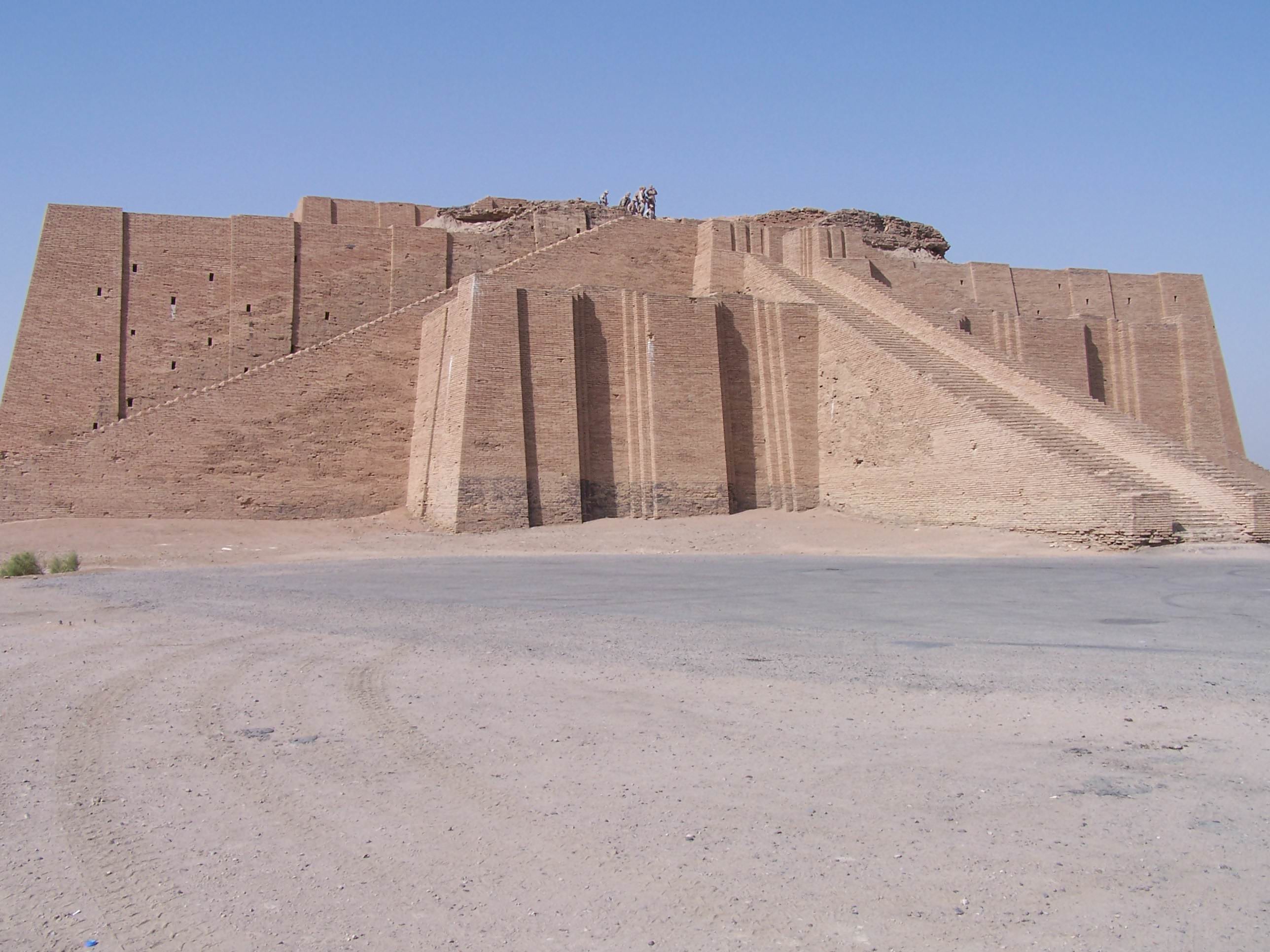Sumerian Civilization: The Cradle of Civilization
 |
| Great Ziggurat of Ur in Iraq |
Sumerian civilization was the earliest known civilization in the world, flourishing in southern Mesopotamia (present-day Iraq) from around 4100 to 1750 BCE. The Sumerians were a non-Semitic people who spoke their own language, Sumerian. They were known for their many innovations and contributions to world culture, including the invention of writing, the development of the world's first city-states, and the creation of a complex pantheon of gods and goddesses.
Sumerian society was highly stratified, with a small elite class at the top and a large peasant class at the bottom. The Sumerian economy was based on agriculture, trade, and manufacturing. The Sumerians were skilled farmers and developed a sophisticated irrigation system that allowed them to grow crops in the otherwise arid Mesopotamian desert. They were also active traders and merchants, and their goods were traded throughout the Middle East.

Location of Sumerian Civilization in the Map
The Sumerians made significant contributions to the arts and sciences. They were skilled architects and builders, and they constructed some of the earliest monumental buildings in the world, including temples, ziggurats, and palaces. They were also skilled sculptors and painters, and they produced a wide range of artworks, including statues, reliefs, and jewelry.
In addition to their material achievements, the Sumerians also made significant contributions to the development of human thought and culture. They were the first people to develop a system of writing, cuneiform. Cuneiform was a complex system of writing that used wedge-shaped symbols to represent words and sounds. Cuneiform was used by the Sumerians for a variety of purposes, including keeping records, writing literature, and communicating with other civilizations.

Sumerian temple - Scanned 1882 Engraving
The Sumerians also developed a complex pantheon of gods and goddesses. Their religion was polytheistic, meaning that they believed in many gods and goddesses. The Sumerians believed that their gods and goddesses controlled all aspects of nature and human life. The Sumerian religion had a profound impact on the development of other religions in the Middle East, including Judaism, Christianity, and Islam.
Sumerian civilization declined in the 2nd millennium BCE due to a number of factors, including environmental degradation, foreign invasions, and internal conflict. However, the Sumerians left a lasting legacy on the world. Their innovations and contributions to world culture continue to be felt today.
Specific achievements of Sumerian civilization:
1) The invention of writing
2) The development of the world's first city-states
3) The invention of the wheel, potter's wheel, and sailboat
4) The development of advanced irrigation techniques
5) The creation of a complex pantheon of gods and goddesses
6) The composition of epic poems such as the Epic of Gilgamesh
Sumerian civilization was a remarkable civilization that made significant contributions to world culture. Their innovations and achievements continue to be felt today.






